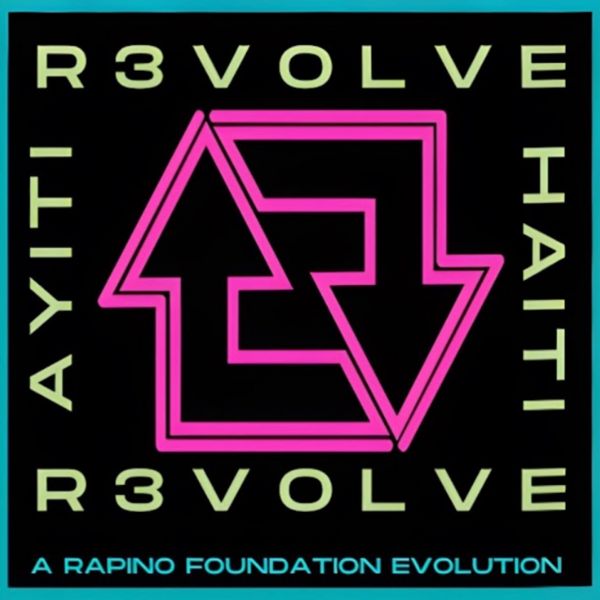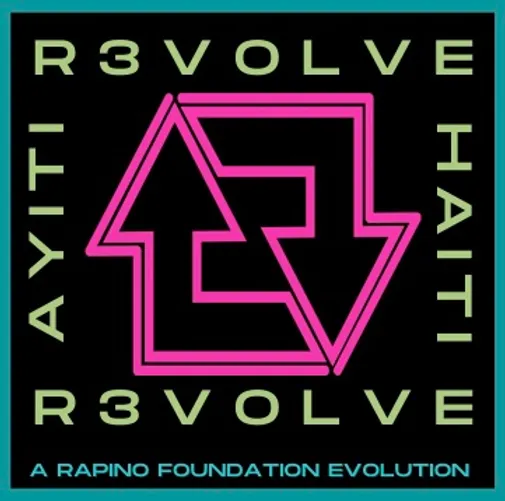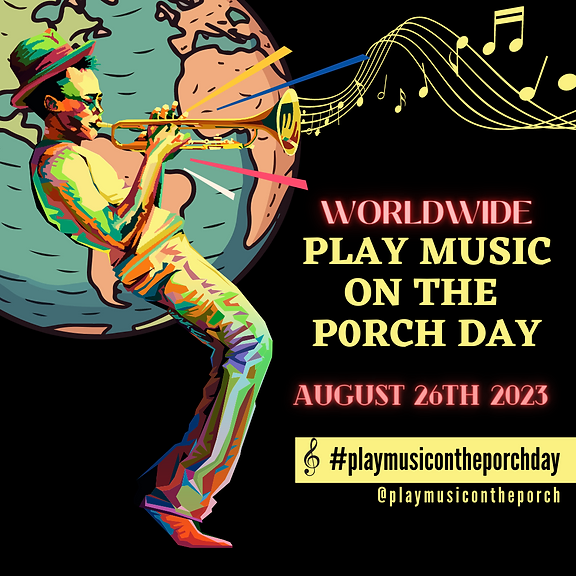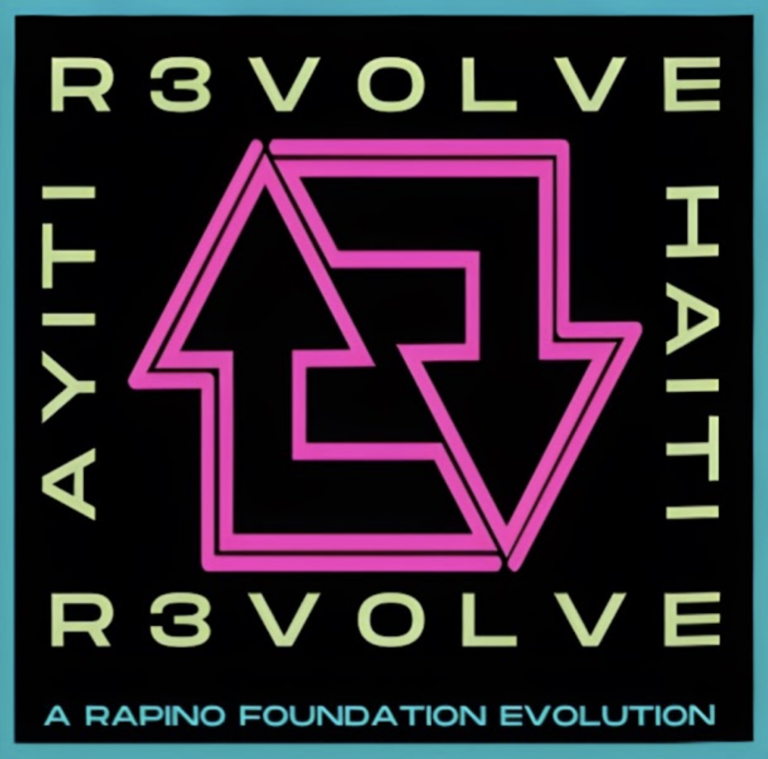Marlene Daut focuses on the history of Haiti, including Henry Christophe, the first and last king of the new country in the early 19th century. (Photo by Dan Addison, University Communications)
Marlene Daut’s research led her to the story of how a man enslaved at birth rose to become king of Haiti. For a brief period in the early 19th century after the Haitian revolution, the new country divided into two parts, with the northern leader creating a constitutional monarchy.
Americans really don’t know much about Haiti, Daut said, and yet there is more worldwide historical significance in Haiti’s revolutionary war for independence from France at the turn of the 19th century than many people realize.
Daut, a professor of African diaspora studies in the Department of African American and African Studies and the American studies program at the University of Virginia, is focusing her academic scholarship on changing the negative perceptions that have dragged Haiti down ever since it broke away from France. In 1804, Haiti – or Hayti, as it was sometimes spelled – became the second independent republic of the New World.
Daut recently created a five-minute educational video about the early days of King Henry for the popular TED website in its TED-Ed section, complete with lessons and quizzes for classrooms.
MARLENE DAUT
PROFESSOR & ASSOCIATE DIRECTOR (AAS/AMERICAN STUDIES)
Marlene L. Daut specializes in pre-20th-century Caribbean, African American, and French colonial literary and historical studies. Her first book, Tropics of Haiti: Race and the Literary History of the Haitian Revolution in the Atlantic World, 1789-1865, was published in 2015 by Liverpool University Press’ Series in the Study of International Slavery. Her second book, Baron de Vastey and the Origins of Black Atlantic Humanism, was published in fall 2017 from Palgrave Macmillan’s series in the New Urban Atlantic. She is also working on a collaborative project entitled, An Anthology of Haitian Revolutionary Fictions (Age of Slavery), which is under contract with the University of Virginia Press. Daut is the co-creator and co-editor of H-Net Commons’ digital platform, H-Haiti. She also curates a website on early Haitian print culture at http://lagazetteroyale.com and has developed an online bibliography of fictions of the Haitian Revolution from 1787 to 1900 at the website http://haitianrevolutionaryfictions.com. Click here to learn more about her work.
Source





